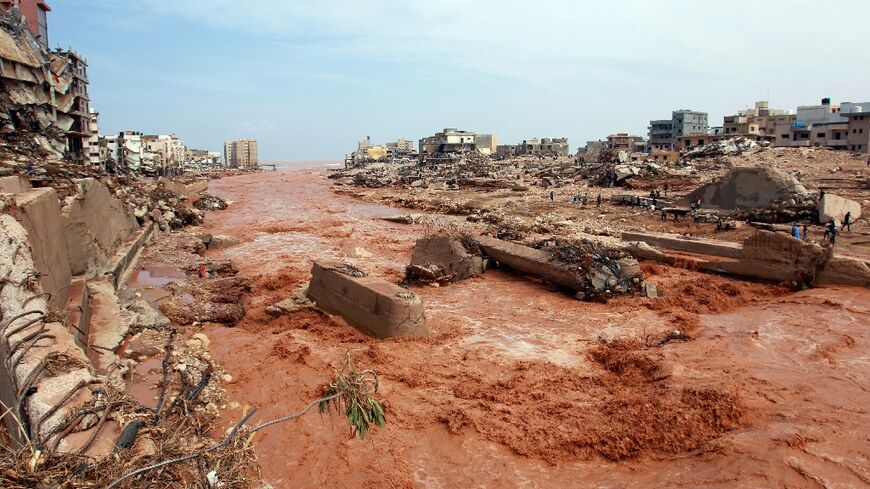No end in sight to Libya crisis after UN envoy quits

The abrupt resignation of the United Nations special envoy for Libya, Abdoulaye Bathily, is the latest sign of the failure of reconciliation efforts in the war-torn North African country, analysts told AFP.
The Senegalese diplomat, who on Tuesday tendered his resignation after only 18 months at the helm of the UN support mission UNSMIL, has repeatedly accused rival leaders of perpetuating divisions to serve their own interests.
Libya is still struggling to recover from years of war and chaos after the 2011 overthrow of longtime dictator Moamer Kadhafi, and the country remains split between a UN-recognised government based in Tripoli and a rival administration in the country's east.
Speaking to reporters after submitting his resignation to UN Secretary-General Antonio Guterres, who accepted it, Bathily said the situation has deteriorated in recent months.
Taking aim at leaders in the country that has seen repeated cycles of violence since 2011, the diplomat decried a "lack of political will and good faith by the major Libyan actors who are comfortable with the current stalemate".
General elections scheduled for December 2021 were postponed indefinitely amid persistent disagreements between Abdelhamid Dbeibah's Tripoli-based government and the eastern-based administration backed by military strongman Khalifa Haftar.
"The selfish resolve of current leaders to maintain the status quo through delaying tactics and manoeuvres at the expense of the Libyan people must stop," Bathily said, also condemning the foreign backers of both camps without naming them.
To Jalel Harchaoui, an associate fellow at British think-tank Royal United Services Institute, Bathily's resignation did not come as a shock "for the simple reason that the process he was leading had been completely defunct for several months".
- 'Inflection point' -
Harchaoui said that Bathily's efforts have been undermined by Egypt, which alongside the United Arab Emirates is the main power supporting the Haftar-backed administration.
The western-based authorities are most notably backed by Turkey.
"This situation is the result of numerous factors, including Egypt's policy of systematically contradicting the relatively coherent logic that Bathily was trying to instill," the Libya expert said.
And faced by "sabotage" from Cairo, "the great Western democracies like the United States or France have never supported Bathily in any authentic manner, preferring to passively avoid offending the Egyptian giant", argued Harchaoui.
Emad Badi, a Libya expert at the Atlantic Council, said that "Bathily's departure comes at an undeniable inflection point whereby the veneer of stability that prevailed in Libya over the past couple of years is vanishing."
Until a successor in named, US diplomat Stephanie Khoury, who in March was named Bathily's deputy for political affairs, will serve in an interim capacity -- a repeat of the scenario that unfolded after former envoy Ghassan Salame's resignation in 2020.
Stephanie Williams, also from the United States, was able to bring together Libyan representatives in February 2021, while she was serving as an interim replacement for Salame.
That meeting, in Geneva, saw representatives agree on an interim authority to organise the presidential and parliamentary elections which were due to be held at the end of 2021.
Harchaoui said it was "quite likely" that Khoury would "emerge as an interim special envoy", allowing "the United States to lead UNSMIL without having to face a Russian veto at the Security Council".
A permanent UN envoy appointment must be approved by the Security Council, but not interim roles.
But without the council's full backing, Khoury -- if made the interim envoy -- may "be hamstrung in what she can achieve", said Badi.





